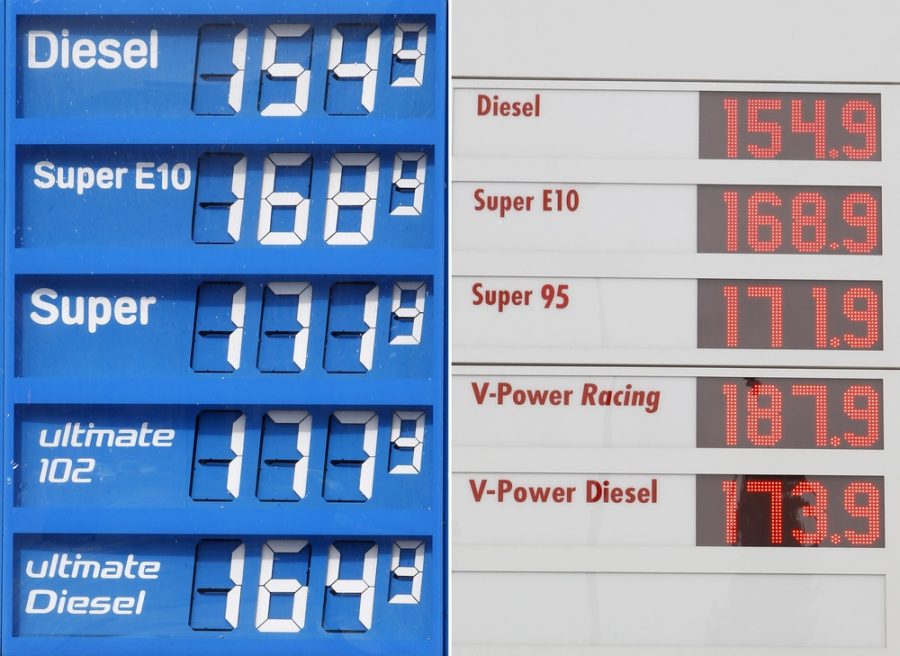Modern Day German Energy Crisis
A price board at a petrol station is pictured in Berlin, March 30, 2012. REUTERS/Fabrizio Bensch (GERMANY – Tags: BUSINESS ENERGY)
October 6, 2022
No western country has had such direct consequences of the Ukrainian War, other than the ones fighting, quite like Germany. Germany has relied on Russian fuel since 1973 to power the primarily manufacturing-based economy. Before Germany initiated the natural gas trade with Russia, its primary power source was coal and nuclear energy.
Coal is a dirty power source; its waste is hard to dispose of, and its smoke increases carbon dioxide levels and air pollution. Also, after the Chernobyl and the Fukushima Nuclear disasters, Germany started an action plan to shift away from nuclear power and phase out all nuclear plants active in Germany by 2022. This goal, however, increased natural gas trade with Russia, increasing Germany’s reliance on Russian natural gas.
The main question among outsiders is how a western power like Germany would shoot itself in the foot by not diversifying its power sources. It started with the Nord Stream deal between Russia and Germany back in 2005; ex-chancellor of Germany Gerhard Schroeder signed a deal with Russian President Vladimir Putin to construct a natural gas pipeline, running directly from Russia to Germany through the Baltic Sea. This cut out the middleman countries that previous oil lines had passed through.
The original Russian gas pipelines went through Poland and Ukraine, which was not an issue until the collapse of the USSR because Russia did not have direct access to the pipelines that ran through Ukraine and Poland for the most part. Ukraine and Poland were still bitter about being occupied by the USSR, leading to increased tensions about the active pipelines in their territory. With Nord Stream there was no middleman involved; a steady flow of natural gas could be provided to Germany without interruption. This one deal locked Germany into a relationship with Russia that was necessary for the German economy to progress.
Nowadays, even after cuts in trade on both sides, Russian pipeline gas makes up 32% of all incoming natural gas shipments into Germany, which is a massive amount of fuel. Russia has started limiting fuel trade as of late and has threatened to stop natural gas exports entirely into Germany if it does not withdraw all economic sanctions introduced as a response to the invasion of Ukraine. Russia is essentially black mailing Germany into dropping sanctions, otherwise their economy has high risks of potential recession.
This upcoming winter, German commitment to supporting Ukraine will be tested with high gas prices and lack of heating in homes, becoming the norm. It is unlikely that Germany will drop economic sanctions against Russia, but if civil unrest about lack of natural gas becomes frequent, it may become a real possibility. It’s estimated that Germany needs to cut down gas usage by at least 20% to avoid rationing this winter, which might mean limiting the amount of cars on the road and a rapid movement to quickly transfer to renewable power sources. Now the west waits for winter to see what the future of Germany holds.


